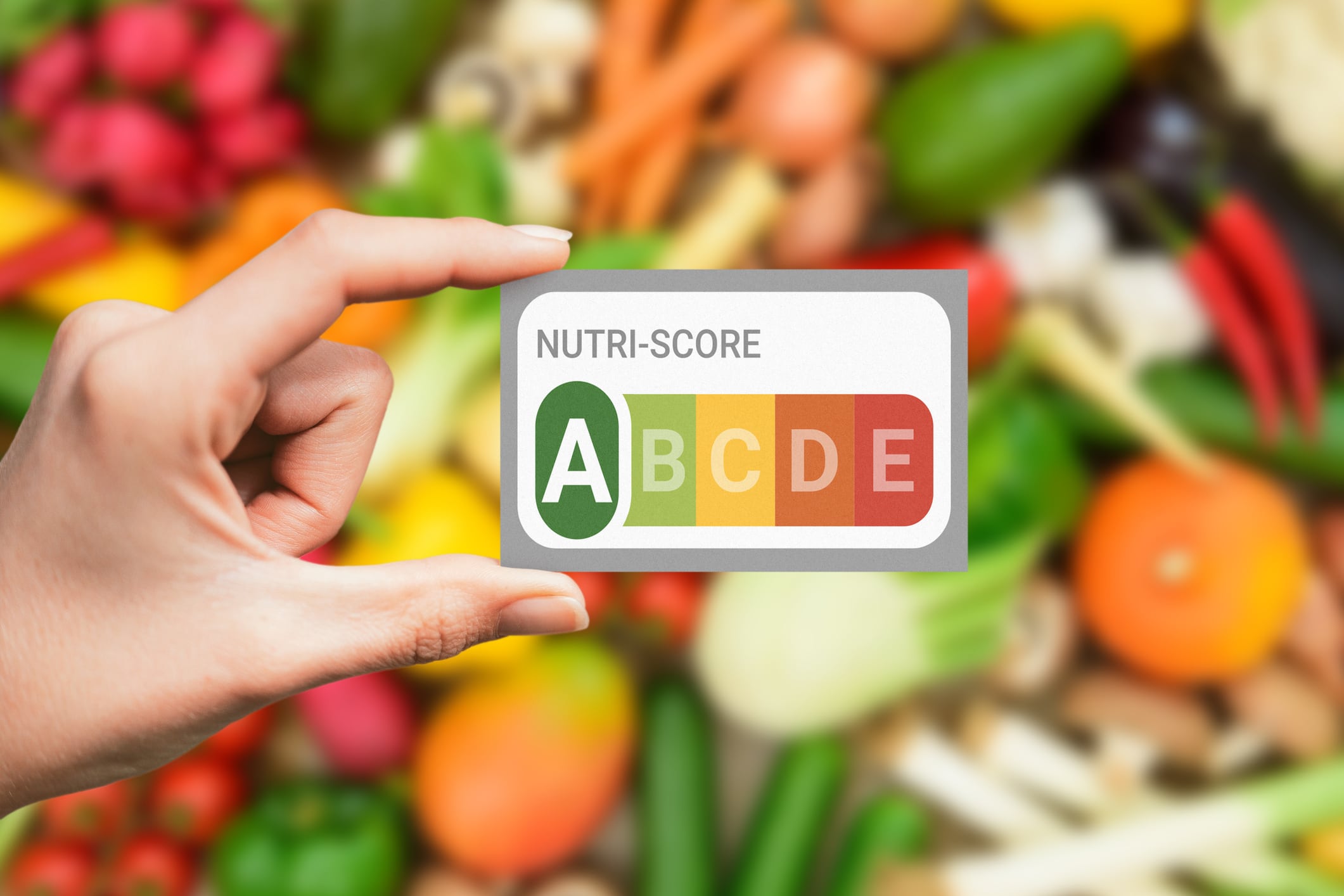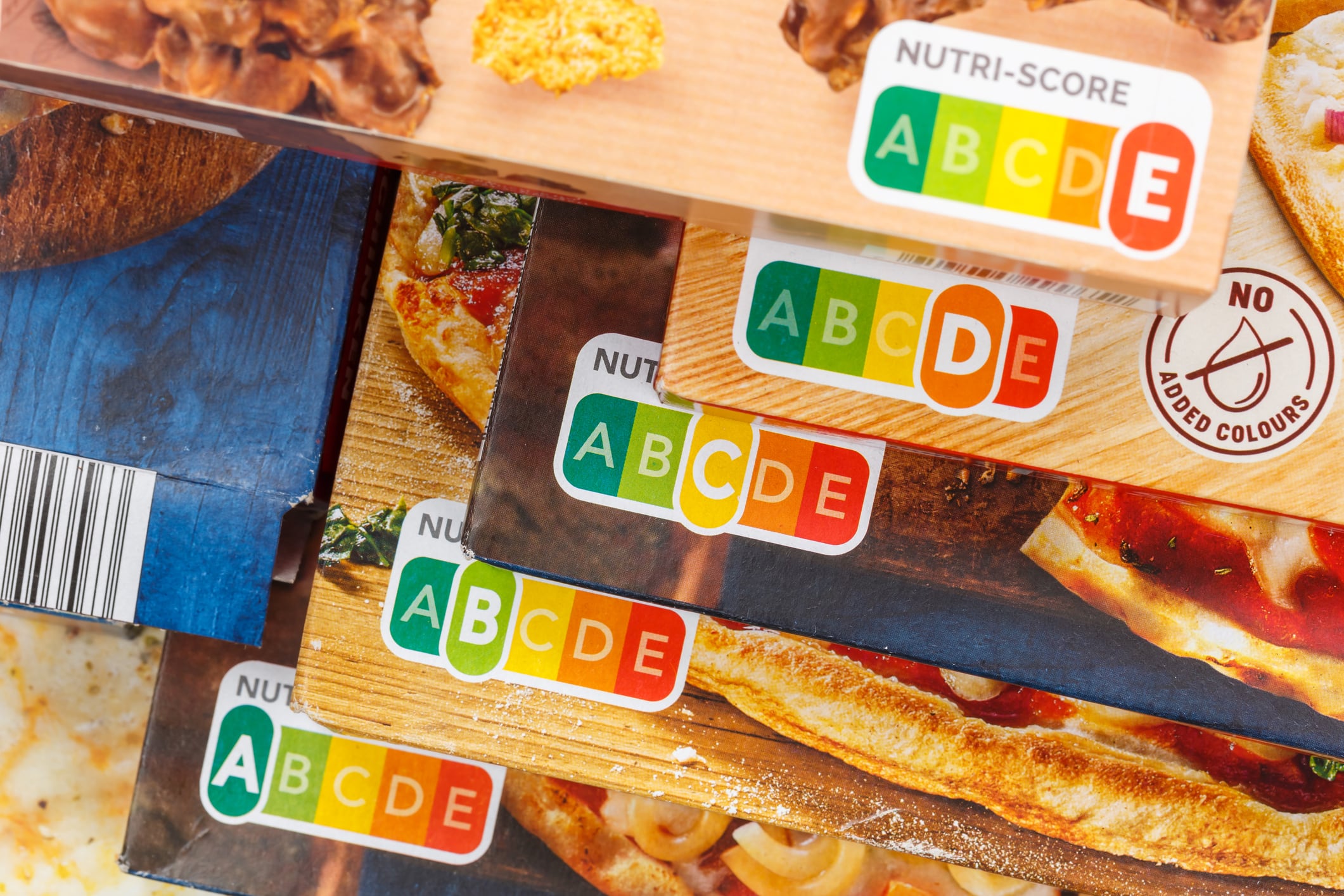Nutri-score’s future is on a knife edge following a European Commission (EC) climbdown to roll it out as a mandatory scheme across Member States last month. But food and drink makers have since been left in labelling limbo.
While there was no commitment on a rollout, the EC also failed to clarify what the future of the voluntary scheme was and whether it could be scrapped altogether.
An EC spokesperson reiterated previous comments on the organisation’s commitment to working with Member States and providing consumers EU-wide with safe and transparent information, when asked for an update on its Nutri-score position today (March 15).
Such a move could be problematic for retailers and some manufacturers that have invested in Nutri-score, creating a Wild West of sorts when it comes to front-of-pack labelling rules and expectations.
However, the EC’s apparent relaxed stance on Nutri-score’s future has emboldened many producers and manufacturers.
“The Nutri-score system is a serious threat to Polish agriculture and food processing,” says president of the board of Poland’s National Union of Juice Producers Association, Julian Pawlak.
“It is an unfair mechanism that strikes the foundation of the domestic food sector,” adds Pawlak and argues Nutri-score disadvantages the country’s natural products on the shelves because they do not meet the system’s “flawed criteria”.
Near 30 of the country’s food and drink production and processing associations voiced concerns over EU supermarkets imposing the system on makers.
Pressure from retailers to include Nutri-score labelling on products added to the weakening of the already threatened agri-food industries, believes the Polish Association of Beef Cattle Producers’ president Jerzy Wierzbicki.
Nutri-score puts producers at risk

“Introducing mechanisms that unfairly favour highly processed products at the expense of natural, Polish food is a risk that we should not take – both from the point of view of the economy and the interest of society," he adds.
Scientists have also criticised the system, calling for its overhaul or to be axed completely.
“Beyond the scientific flaw of calories being harmful, this means energy density is scored negatively, which rewards foods with higher water and lower fat,” says director of the Food is Medicine Institute at Tufts University, Dr Dariush Mozaffarian.
Some supermarkets are also part the cohort unconvinced by Nutri-score and are phasing the system out, with plans to drop it from shelves soon.
Migros, one of Switzerland’s largest retail chains, is one such business saying ‘adieu’ to Nutri-score. Along with Nestlé, Migros was the largest company in Switzerland to opt into Nutri-score.
Although not a Member State, but as a part of the European area of freedom, security and justice, and as a country that enjoys free trade with the bloc, Switzerland adopted the voluntary system.
We think that this single way should be Nutri-Score, since it is a system that has received support from numerous countries in the European Union
Alejandro Martinez Berriochoa, Eroski director of health, sustainability and quality,
“The decision to drop it was made due to the limited benefit it provided to customers compared to the high costs involved in implementing and maintaining the system,” a Migros spokesperson says.
“Despite its introduction three years ago, the Nutri-score remains relatively unknown and often misunderstood by consumers.”
Instead, as part of a commitment to the “health of its customers”, the business will develop healthier product recipes with fewer additives, sugar and salt, says the spokesperson.
“We also provide nutritional values per portion, including daily reference amounts, both online and on packaging where possible.”
Though Nutri-score isn’t getting a bad rap from all retailers and manufacturers. While Danone removed some of its products from the system last year, Nestlé remains optimistic about Nutri-score’s future, as do several retailers including Lidl and Spanish supermarket chain, Eroski.
Praise for Nutri-score system
“Since we implemented it, we have received positive reviews from consumers. It has enabled us to reformulate products in order to reduce the nutritional impact of calories and other nutrients that are less beneficial for public health‚” says the retailer’s director of health, sustainability and quality, Alejandro Martinez Berriochoa.
Nutri-score’s simplicity and ease of use works for consumers who can quickly see whether a product, on the surface, is ‘good’ or ‘bad’ for their health, he adds.
The system has increased the nutritional quality of its consumers’ overall shopping basket, he says and there are no plans to stop using Nutri-score in the business.
Eroski is such an advocate of Nutri-score that Martinez Berriochoa believes it should be “compulsory for all products”.
“We think that this single way should be Nutri-Score, since it is a system that has received support from numerous countries in the European Union, as well as from manufacturing and distribution sectors, and it has been proven with results that it works,” he says.

The EC should go ahead with Nutri-score as it stands because critics would not be satisfied with any other system either, he argues, “since the products with worse nutritional profiles – due to their high content of calories, salt, sugar or fat – would also obtain a negative assessment, whatever the system used".
Dutch retailer Albert Heijn is also an advocate, believing the voluntary scheme helps its customers to make healthier choices, with no plans to stop or tone down its use across the business.
“Rather, we are taking additional steps and expanding its use,” a spokesperson says. “For example, we have recently announced that we will apply Nutri-score to our entire product range, making it even easier for our customers to choose products with a better composition within the same product group.”
Research in the country shows the scheme helps consumers make better choices, with one in three saying Nutri-score supports them daily and one in five using it when shopping.
However, the EC has yet to – and may never – make Nutri-score mandatory. Though some retailers have taken it upon themselves to enforce Nutri-score labelling within their businesses.
Last November, French retail giant Carrefour gave suppliers three months to label up and display Nutri-scores on their products. Some 5,000 Carrefour products had already adopted the scheme, but the retailer believes the full Nutri-score benefits can only be achieved if all products align.
Manufacturers that don’t comply with Carrefour’s request will not be included in the company’s Alternative Better Eating tool on its website, nor would they be excluded from some special promotions.
Last month the French Government also approved the decree for the new, stricter Nutri-score algorithm in France, giving manufacturers two years to make labelling changes. Nutri-score will remain voluntary in the country, but the Government is to undertake an assessment looking into the risks to artisanal products of French cultural heritage.
But, with the EC not willing or unable to update its vision for the future of Nutri-score, its use across the EU remains fragmented, causing labelling problems for manufacturers.





